European project working to establish basis for standardization of methanol fuels in Europe
Green Car Congress
SEPTEMBER 30, 2020
A current research project is working to establish the technical basis for standardization of methanol fuels in Europe. The partners in the “Methanol Standard” project aim to pave way for the certification and market launch of methanol fuels.

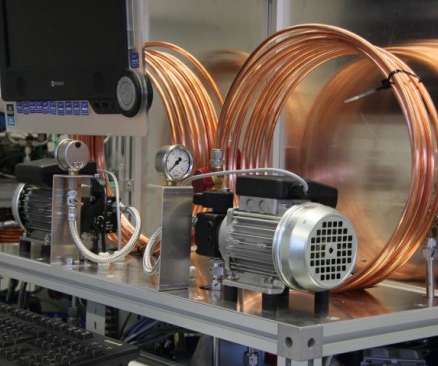

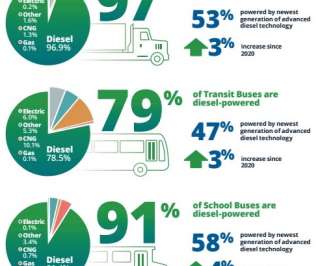




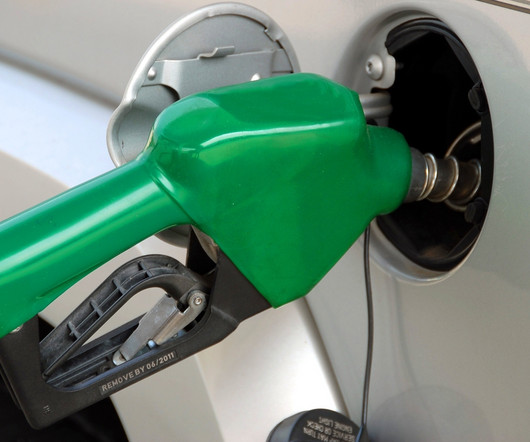

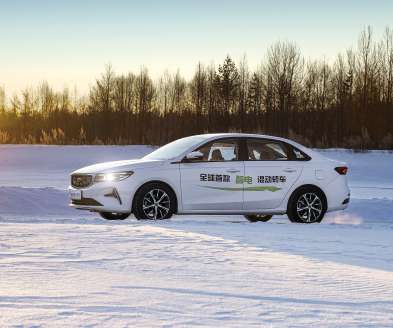
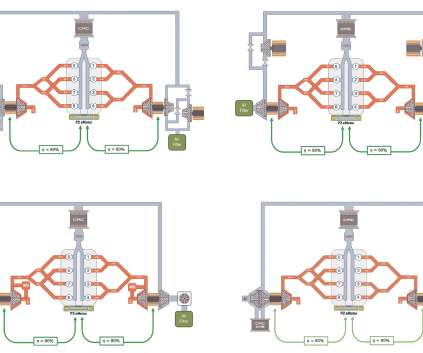














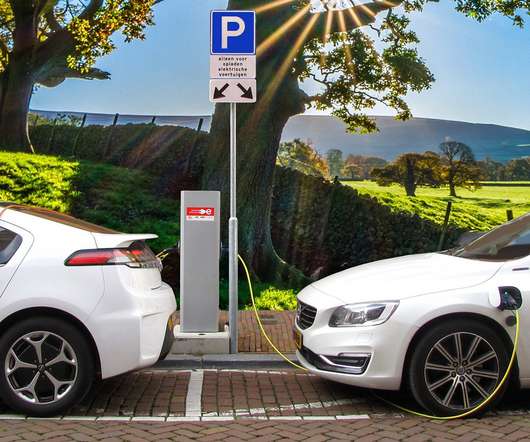
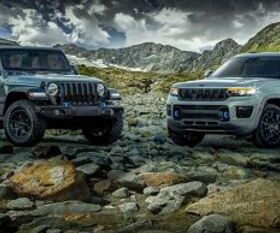





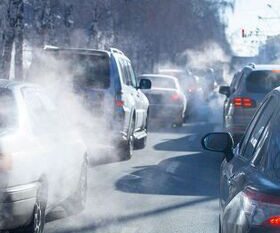








Let's personalize your content